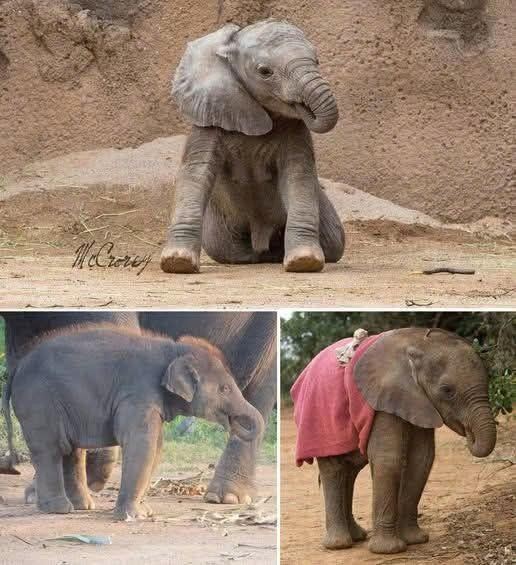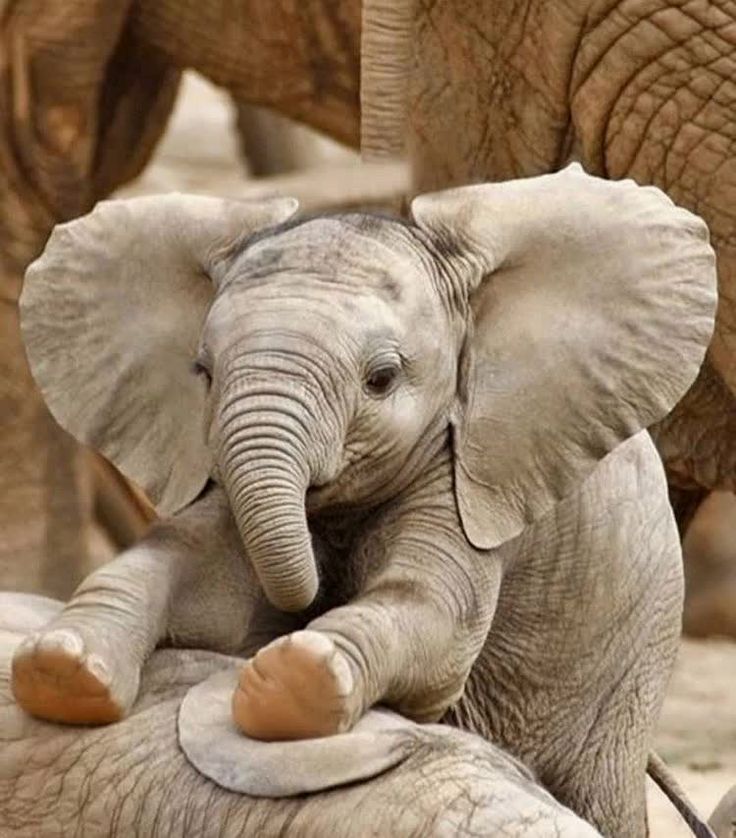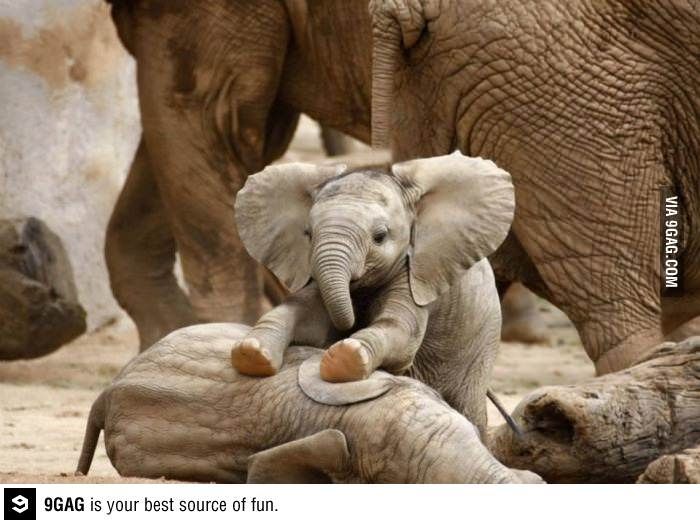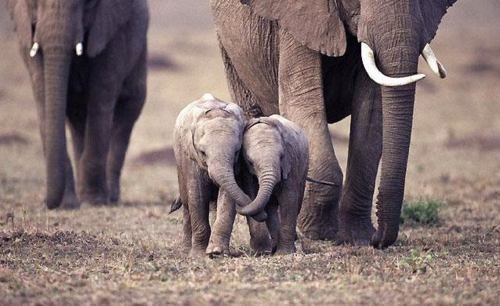Tiny Trunks, Big Emotions: Why Baby Elephants Suck Their Trunks Like Human Babies

Tiny Trunks, Big Emotions: Why Baby Elephants Suck Their Trunks Like Human Babies
In the wild and in sanctuaries around the world, baby elephants have been observed doing something irresistibly adorable — sucking their trunks. Much like human babies suck their thumbs for comfort, this sweet and self-soothing behavior is a way for young elephants to feel safe, grounded, and secure in the early stages of their lives.
Trunk-sucking in baby elephants isn’t just cute — it’s a fascinating glimpse into their emotional world. Experts believe this action helps them manage the stress of being in unfamiliar surroundings, much like a child might turn to a pacifier or a favorite blanket when they feel anxious. Especially when separated from their mothers, this behavior becomes a key coping mechanism, offering a form of emotional reassurance and calm.
But there’s also a practical side to it. A baby elephant’s trunk is an incredibly complex appendage, containing more than 40,000 individual muscles — more than a human body has in total. Learning to control such a powerful and sensitive tool takes time. By sucking on their trunks, young elephants gradually develop the motor control and muscle coordination necessary for essential activities such as drinking water, picking up food, throwing dust to cool down, and even greeting other elephants.
“It’s a bit like a human toddler learning to use their fingers,” says one wildlife behaviorist. “At first, it’s clumsy and instinctive. But over time, it becomes a skill — and trunk-sucking helps accelerate that learning curve.”
What’s even more remarkable is that this behavior isn’t limited to calves. Adult elephants have also been seen sucking their trunks during moments of high stress, grief, or fear. Whether dealing with the loss of a herd member, encountering danger, or adjusting to a new environment, elephants may revert to this comforting action — a testament to how deeply emotions run in these intelligent animals.
This behavior underscores a powerful truth about elephants: they are profoundly emotional and social creatures. They mourn their dead, celebrate reunions, and protect their young with fierce devotion. Their ability to express love, empathy, and even anxiety places them among the most emotionally intelligent species on Earth.
In many cultures, elephants symbolize wisdom, strength, and memory. But it’s their tenderness — expressed in moments like a baby gently sucking its trunk — that captures hearts worldwide and highlights the emotional depth they possess.
As we continue to learn more about elephants and their inner lives, moments like these remind us that animals are not so different from us. They, too, seek comfort, connection, and care.
So the next time you see a baby elephant gently curled up, sucking its trunk, remember — you’re witnessing more than just a cute habit. You’re seeing the early development of intelligence, emotional regulation, and the beautiful, complex nature of one of the world’s most majestic animals.











